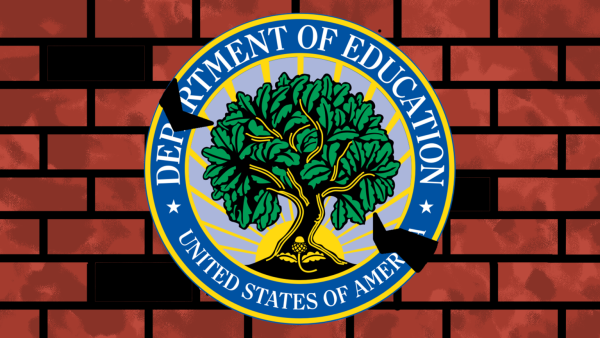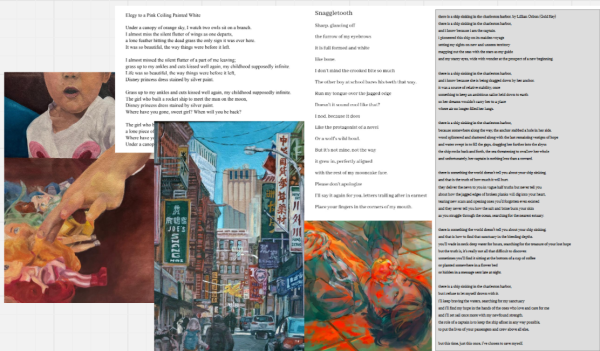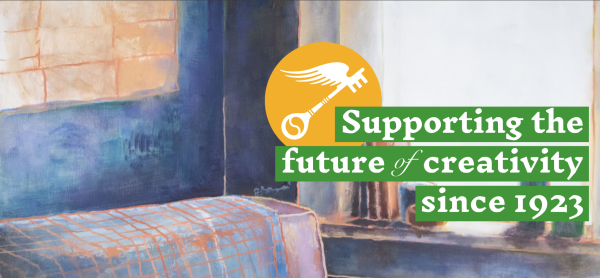Sometimes a Watermelon isn’t Just a Watermelon

Sometimes a Watermelon isn’t Just a Watermelon.
This past month has been quite controversial with regards to the firing of Academic Magnet High School’s head football coach, Bud Walpole and the team’s post-game practices. The controversy began with the team’s initiation of a post-game ritual of naming, drawing “caricatures” on, and smashing of watermelons while chanting “ooh ooh ooh”-like sounds according to CCSD Superintendent Nancy McGinley. The ritual was observed and reported to a Charleston County school board member who then brought it to the attention of Dr. McGinley. McGinley, then investigated the incident and asked Walpole to resign as head coach, on the basis that he was aware of the team’s actions and passively stood by.
It is important to see the other side of the situation. The media and general conversation around the topic has been slanted tremendously, making the event appear to be a compete misunderstanding, and free of any racial insensitivity. This is simply not accurate. The actions committed by the team, intentionally or not, were racially insensitive due to continual stereotypes singling out African Americans dating back to slavery. That is a fact. Black stereotypes are present in today’s society, and the students at Academic Magnet are aware of this. When you hear the words: watermelon, fried chicken, kool-aid, rap music, and fears of swimming, what ethnic group comes to mind? This is an unfortunate reality, but events like this even further add to its prevalence and acceptance in our society.
Sometimes a Watermelon isn’t Just a Watermelon.
Given the circumstances, the watermelon represented more than just a fruit. It served as a representation of African American cultural stereotypes. The fact is, the team committed these actions time and time again after defeating predominately African American schools. Racism may not be the appropriate word to use, but “cultural insensitivity” is. The fact that Coach Walpole did not find fault in these acts is troubling. This is why, he was asked to resign; to take responsibility for the players’ senseless actions (as a head coach should). Superintendent McGinley took action in order to send a message of zero tolerance.
Of the 644 students at Academic Magnet, I am one of our 15 African Americans. That’s 2.3%. From my personal experience and perspective, I am very offended by the actions of some of my classmates. I find fault in their careless, thoughtless, and insensitive actions. Knowing most of them, I do not feel that any of them are racists and hate African Americans, but I do feel that because of the lack of diversity at the school, some of them are not fully able to realize the magnitude of their actions and why they are offensive. I feel that it is impossible that the team or individual who started this ritual did not know of any correlation between the watermelon and African American race. The wide grin, large nose, and “twig-like hair” characteristics drawn on the melon are distinctly similar to depictions of Blacks during both slavery and post-slavery time periods. As if this wasn’t enough, the team decided it was appropriate to name one or more of the watermelons “Bonds-Wilson”, the name of the AMHS campus. The campus was named after the original all black high school that was built during segregation, more specifically for the two men who founded it 64 years ago. Granted, some of the students may not have known this, but it leads me to ask, “why name the melon ‘Bonds-Wilson’ in lieu of a name like ‘Academic Magnet’ ? As far as the “chanting” noises are concerned, I do not know what the team actually said or the intention behind it, but with the other facts presented, it makes me wonder even more “what were my peers thinking”? If you look at the facts of this situation, and put yourself in my shoes, regardless of your original stance, it is clear to see how the acts of the football team were offensive to the African American community. I believe that we can use this as a platform to educate those around us of the importance and harm that racial stereotypes can cause to both individuals and communities as a whole. This also needs to be used to raise awareness of the lack of diversity at Academic Magnet. The fact that Academic Magnet is a public school and African Americans only make up 2.3% of student body is very troubling to me. It allows for events such as these to often slide by because not enough people stand up and risk going against the homogenous views of their peers.
Sometimes a Watermelon isn’t Just a Watermelon.
It’s the intent and lack of sensitivity of some of my peers that bothers me, and also the media’s biased portrayal of the situation. It’s important, whether you agree with me or not, that you try to acknowledge the other perspective of this controversial issue. I have heard talk, of people wanting Superintendent McGinley to issue a public apology. Granted, she acted swiftly, but it was better than avoiding the issue brought to her attention all together. Where is the apology for the students that are were affected by these events? Where is the apology for the students such as myself that endure this nonsense daily? That is what I want to know. Sometimes a Watermelon isn’t Just a Watermelon. It represents much more when it is used to play upon the stereotypes of a group of people that have been historically oppressed, and it creates disunity and distrust.
The problem is not just with eating a watermelon after a win, or even smashing it. The issue is with what all went into this ritual and how people haven’t been able to see why the football’s teams acts are offensive. Some of the students think that this whole situation is a joke. As of right now, I feel that many of them would do it again if given the opportunity. No one has stood up to tell them that their actions were wrong, and it’s time for that to change.
Sometimes a Watermelon isn’t Just a Watermelon.
-Respectfully Submitted by William Pugh
Junior at Academic Magnet HS







